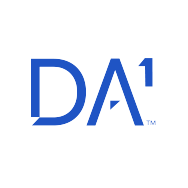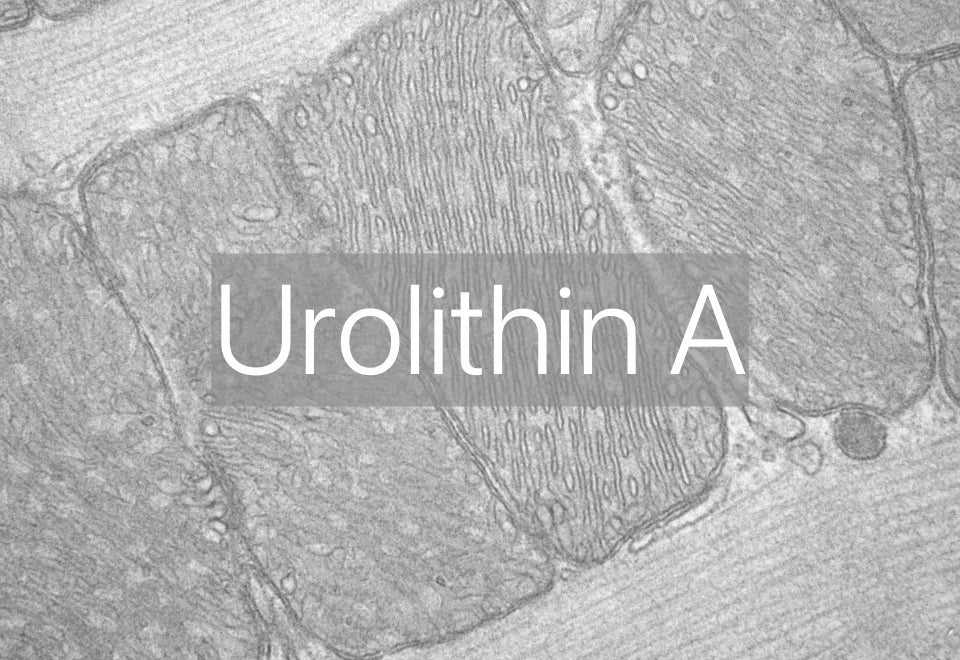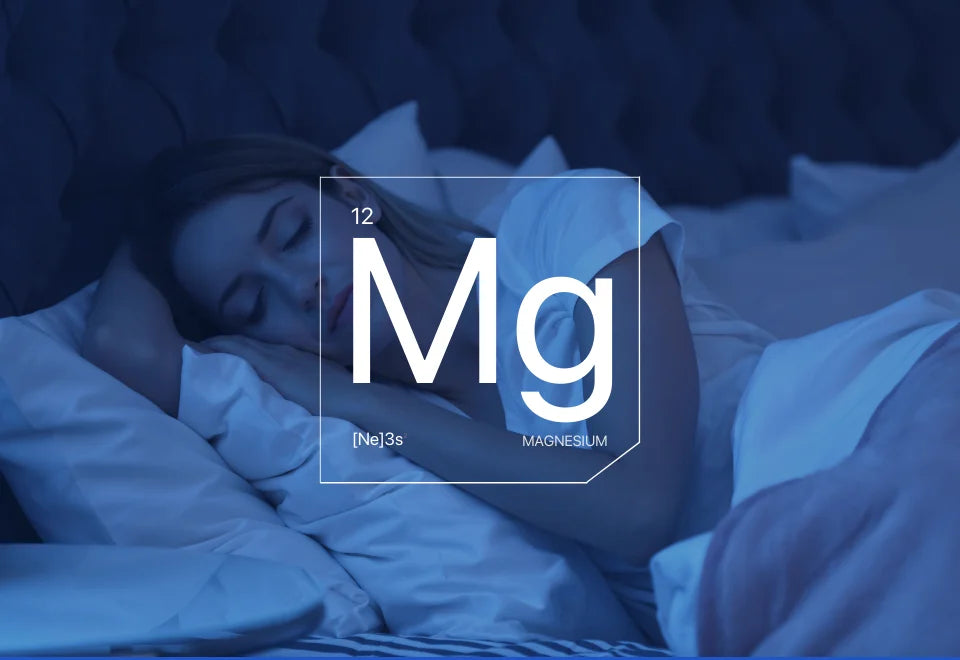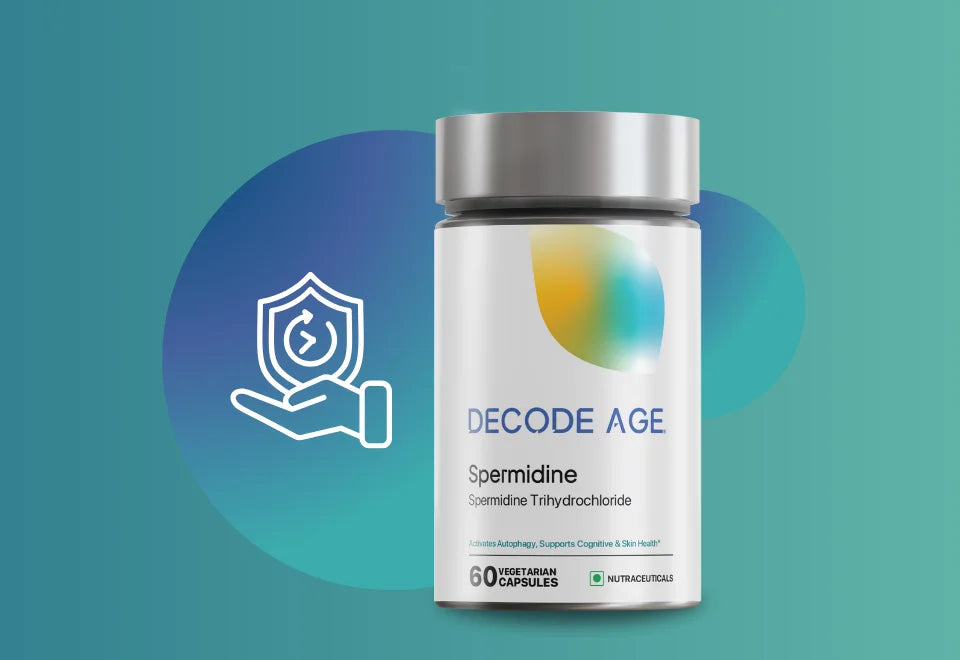Imagine you are arranging a puzzle but suddenly realized that 4 of its pieces are missing! Would you still be able to finish the game? Just like the game of puzzle, your body needs key pieces to function at its best. In the game of health, Fat-Soluble Vitamins D, A, K, and E (DAKE®) are the power pieces that keep your bones strong, vision sharp and supports your heart health. Can you guess how? If not, don’t worry—by the end of this blog, you’ll know how these fat-soluble vitamins are your body’s ultimate health champions! Let’s get started!
What are Fat-Soluble Vitamins?
As the name suggests, these are the energy-free molecules that are essential to the body’s functioning and life (Andrès E, 2024). They dissolve in fat and are stored in the body’s fatty tissues and liver. Unlike the water-soluble vitamins, which should be replenished regularly, these fat-soluble vitamins are stored for future use, making them vital for healthy ageing.
The four key fat-soluble vitamins are:
- Vitamin D3 – Supports bone health by aiding calcium absorption.
- Vitamin A – Essential for good vision, immune function, and skin health.
- Vitamin K2 – Helps in blood clotting and maintaining strong bones.
- Vitamin E – Acts as a powerful antioxidant, protecting cells from damage.
Vitamin D: Your Bone’s Best Friend
Vitamin D is often called the “sunshine vitamin” because the body produces it when exposed to sunlight. Its two essential forms are: Vitamin D2 (Ergocalciferol) and Vitamin D3 (Cholecalciferol).
It is crucial for:
- Strong Bones and Teeth: Vitamin D3 helps absorb calcium and phosphorus, promoting bone health and preventing bone disorders like rickets in children and osteomalacia in adults.
- Immune Support: Vitamin D3 enhances immune response and may reduce the risk of infections and certain autoimmune diseases.
Sources:
Sunlight, fatty fish, egg yolks, and fortified foods.
Deficiency Effects:
Weak bones (Rickets in children & Osteomalacia in Adults), frequent fractures and a higher risk of infections.
RDAs (Recommended Dietary Allowances) for Vitamin D:
(According to NIH Office of Dietary Supplements Report, 2024)
- Children (1–18 years) - 15 mcg (600 IU)
- Adults including pregnant and lactating women (19-70 years) - 15 mcg (600 IU)
- Adults over 70 years of age - 20 mcg (800IU)
Vitamin A: The Eyesight Guardian
This eye vitamin refers to a group of compounds that include retinol, retinoic acid, and retinal (Ali A Albahrani, 2016). It supports vision, especially night vision, by aiding the production of rhodopsin, a pigment in the retina. Beyond sight, vitamin A is essential for:
- Healthy Skin and Mucous Membranes: Vitamin A keeps the skin and internal linings healthy, preventing dryness and infections.
- Immune Function: It strengthens the immune system by enhancing white blood cell function.
- Cell Growth and Development: It supports the formation of new cells and aids in tissue repair.
Sources:
Carrots, sweet potatoes, spinach, and dairy products.
Deficiency Effects:
Night blindness, dry skin, and a higher risk of infections.
RDAs (Recommended Dietary Allowances) for vitamin A:
(According to NIH Office of Dietary Supplements Report, 2023)
- Males (14+ years) - 900 mcg
- Females (14+ years) - 700mcg
- Pregnancy - 750–770 mcg
- Lactation - 1,200–1,300 mcg
Vitamin K: The Blood Clotting Hero
Vitamin K is essential for blood clotting and wound healing. Without it, the body would struggle to stop bleeding after an injury. It exists in 2 forms mainly, Vitamin K1 (Phylloquinone) & Vitamin K2 (Menaquinone). It also plays a role in:
- Bone Health: It helps bind calcium to bones, making them stronger.
- Heart Health: This fat-soluble vitamin prevents calcium build up in arteries, reducing heart disease risk.
Sources:
Leafy greens like spinach and kale, broccoli, and fish.
Deficiency Effects:
Easy bruising, excessive bleeding, and bone weakness.
RDAs (Recommended Dietary Allowances) of Vitamin K:
(According to NIH Office of Dietary Supplements Report, 2021)
- Children (14-18 years) - 75 mcg
- Males (19+ years) - 120 mcg
- Females/Pregnancy/lactation (19+ years) - 90 mcg
Vitamin E: The Antioxidant Defender
Vitamin E is a powerful antioxidant that helps protect the body from harmful free radicals, which can cause cell damage. Its key functions include:
- Cell Protection: It prevents damage to skin, eyes, and other organs.
- Heart Health: Vitamin E may lower the risk of heart disease by reducing cholesterol oxidation.
- Skin and Hair Care: This fat-soluble vitamin promotes healthy skin by reducing inflammation and speeding up wound healing.
Sources:
Nuts, seeds, vegetable oils, and leafy greens.
Deficiency Effects:
Neurological and vision problems, a weakened immune system and infertility. (Andrès, 2024)
RDAs (Recommended Dietary Allowances) for Vitamin E:
(According to NIH Office of Dietary Supplements Report, 2021)
- Males/Females/Pregnancy (14+ years) - 15 mg
- Lactation (14+years) - 19 mg
Balancing Act: Why Fat-Soluble Vitamins Matter
Fat-soluble vitamins play a crucial role in maintaining overall health and boosts longevity by supporting essential bodily functions. Since these vitamins are stored in the body, a balanced diet rich in fruits, vegetables, nuts, seeds, fish, and dairy typically meets our nutritional needs. However, in today’s fast-paced world filled with processed and convenience foods, it's easy to overlook proper nutrition. That’s where supplements come in. DAKE® delivers the right balance of these vital fat-soluble vitamins, giving your anti-ageing journey a powerful boost.
Conclusion
And there you have it — the missing pieces of your health puzzle found! Fat-soluble vitamins D, A, K and E are your body’s power players, working behind the scenes to keep your bones strong, heart healthy and vision sharp boosting the overall healthy ageing. Just like completing a puzzle, balancing your diet with nutrient-rich foods ensures you’re never missing out on these essential vitamins. So, fuel your body wisely, enjoy the game of health, and let these fat-soluble champions help you win at longevity and wellness! Because Wellness is not a luxury; it’s a necessity for living a vibrant life.
FAQs
How do vitamins D3 and K2 work together?
Vitamins D3 and K2 work together by supporting calcium balance in the body. Vitamin D3 boosts calcium absorption from the gut, ensuring the body gets enough for essential functions like bone formation. However, without vitamin K2, calcium might accumulate in arteries, leading to harmful calcification. Vitamin K2 activates proteins like osteocalcin and matrix Gla-protein, directing calcium into bones and keeping it out of blood vessels. This helps maintain strong bones while reducing the risk of cardiovascular issues.
How much Vitamin D do you need?
The amount of vitamin D needed daily varies by age. Infants up to 12 months require 400 IU, while children and adults up to 70 years need 600 IU. Adults over 71 years should aim for 800 IU. Pregnant and breastfeeding individuals also need 600 IU daily. Consult a healthcare provider for personalized recommendations based on a vitamin D test.
What is the difference between Vitamin A and beta carotene?
Vitamin A is a fat-soluble nutrient essential for vision, immunity, and skin health. Beta-carotene is a plant-based pigment and a type of provitamin A carotenoid, meaning the body can convert it into vitamin A using an enzyme in the intestine. Additionally, beta-carotene acts as an antioxidant, protecting cells from damage caused by free radicals. These harmful molecules are linked to aging and chronic diseases. Consuming beta-carotene-rich foods like helps maintain optimal health while supporting the body’s natural production of vitamin A.
Which fat soluble vitamin is considered a hormone?
Vitamin D is considered a hormone because the body produces it and uses it to regulate important functions like calcium balance and immune response. When sunlight hits the skin, a chemical reaction forms cholecalciferol, which the liver converts to calcidiol. The kidneys then transform calcidiol into calcitriol, the active hormone form of vitamin D. This hormone-like behaviour of Vitamin D helps maintain bone health.
Which Vitamin causes sleeplessness?
Vitamin D deficiency has been linked to sleep disturbances, including shorter sleep duration, difficulty falling asleep, and frequent nocturnal awakenings. This connection may be due to the presence of vitamin D receptors in brainstem areas that regulate sleep. Additionally, vitamin D plays a role in producing key neurotransmitters like dopamine and noradrenaline, which influence mood and alertness.























Leave a comment
All comments are moderated before being published.
This site is protected by hCaptcha and the hCaptcha Privacy Policy and Terms of Service apply.